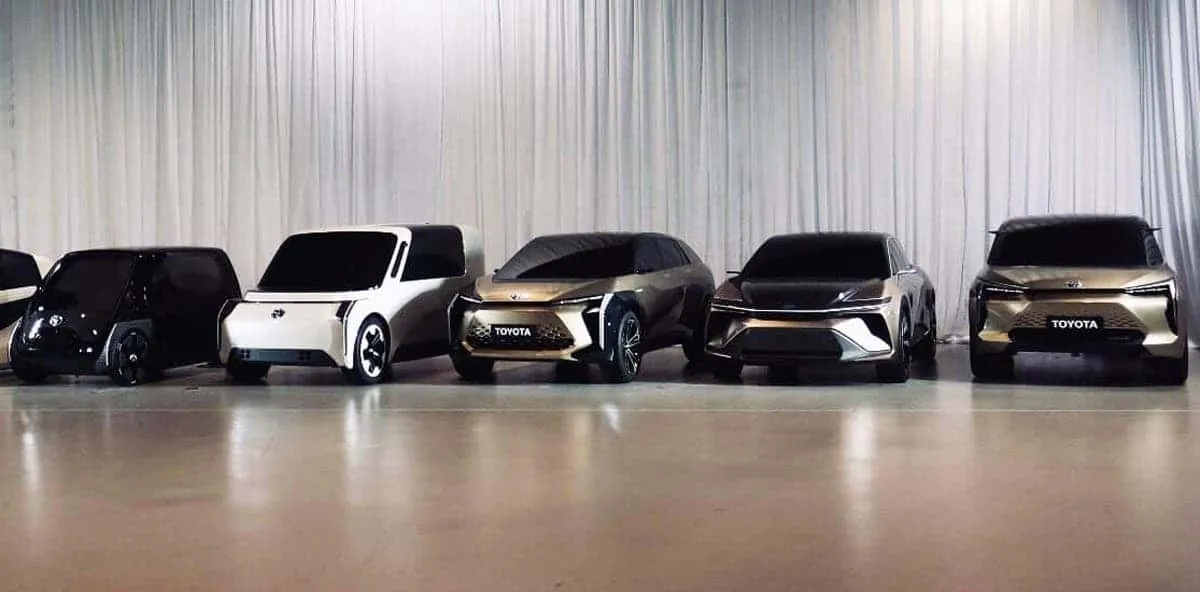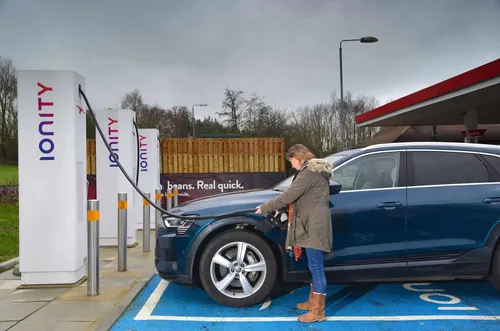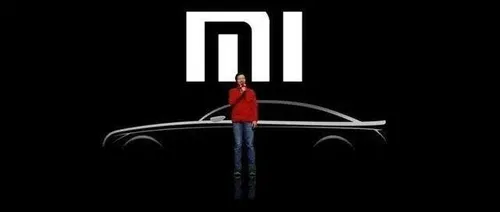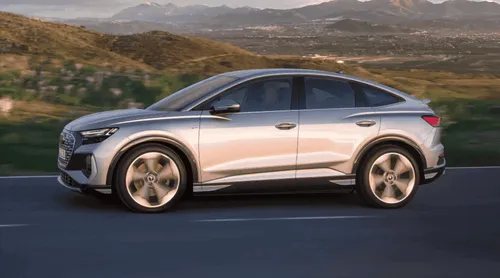Germany is trying to ease the EU's tariffs on Chinese electric cars
TechFriday, 14 June 2024 at 13:40

The European Union (EU) has recently announced plans to impose tariffs on Chinese electric vehicles (EVs). This has sparked a heated debate between car brands and industry experts in Germany. German officials and major car manufacturers are advocating for a reconsideration of the tariffs. They fear potential economic repercussions and advocate for a more cooperative approach. Germany is trying to prevent the implementation of these tariffs. This move is seen as an attempt by Germany to avoid a trade war with China and maintain its competitive edge in the global automotive market.

Background to the Dispute
The EU's decision to impose tariffs on Chinese EVs was prompted by allegations that the Chinese government has been heavily subsidizing its domestic automotive industry, allowing Chinese companies to sell their vehicles at significantly lower prices in the EU. This has led to concerns that the EU's automotive industry is being unfairly disadvantaged. The tariffs, which could reach as high as 38.1%, are intended to level the playing field and protect European companies.
Germany's Diplomatic Efforts
German officials are actively working to prevent the EU's tariffs on Chinese EVs from taking effect or, at the very least, to soften the decision. According to sources familiar with the matter, Germany is optimistic about finding a solution through direct negotiations with China. The goal is to reach an agreement before the tariffs take effect on July 4.
One insider revealed that German officials believe there is room for manoeuvre and that they have allies within the European Union who share their concerns. These officials emphasize that both China and the EU need to take action to reach a mutually beneficial deal. German Economy Minister Robert Habeck expressed hope that the threat of escalating tariffs could be successfully averted through diplomatic efforts.
Opposition from the German Government and Industry
Key figures in the German government and the country's automotive industry have been echoing their opposition to the EU's tariff decision. Volker Wiesing, Germany's Federal Minister of Digitalization and Transport, warned that the EU's move could trigger a "trade war" that would ultimately harm German companies. Wiesing argued that industrial development requires an open market and a better business environment, rather than restrictive trade measures and market isolation. He said
"Nobody wants a trade war with China...It would be a catastrophe for Germany and it would not be beneficial for the European Union either,"
A German government spokesman reinforced this stance, advocating for a constructive dialogue between the EU and China on relevant trade issues. The spokesperson stressed that Germany favours an international trade environment characterized by fair competition, rather than the imposition of more restrictive measures.

Industry Leaders Speak Out
Leaders of Germany's top car manufacturers have also voiced strong opposition to the EU's tariffs on Chinese EVs. BMW Chairman Oliver Zipse criticized the decision, stating that it harms European companies and interests. Zipse warned of the risk of a protectionist spiral, where tariffs lead to retaliatory measures, resulting in market isolation rather than cooperation. He emphasized that free trade should remain the guiding principle for the automotive industry to thrive in international markets.
Mercedes-Benz CEO Ola Källenius echoed similar sentiments, arguing against increasing trade barriers. As an exporting country, Germany should work towards eliminating trade barriers in the spirit of the World Trade Organization (WTO), he said. Källenius also stressed that protectionist measures like import tariffs do not contribute to successful competition in international markets.
Volkswagen also criticized the EU's decision, highlighting the timing as particularly unfavorable given the current weak demand for pure electric vehicles in Germany and Europe. The company argued that the negative impact of the tariffs outweighs any potential benefits for the European, and especially German, automotive industry.
The Broader Implications of Tariffs
The potential implications of the EU's tariffs on Chinese EVs extend beyond immediate economic concerns. There is a broader debate about the best approach to ensuring the competitiveness of the European automotive industry. Some argue that protectionist measures, such as tariffs, are necessary to protect domestic industries from unfair competition. Others, however, believe that such measures could backfire, leading to trade wars and economic isolation.

Germany's stance reflects the latter perspective, advocating for free trade and international cooperation. The country has long been a proponent of open markets, which have been crucial to the success of its export-driven economy. The German automotive industry, in particular, has thrived by accessing global markets and maintaining competitive supply chains.
The Path Forward: Diplomacy and Cooperation
The ongoing efforts by German officials to engage in direct negotiations with China highlight the importance of diplomacy in resolving trade disputes. By seeking a mutually beneficial agreement, Germany aims to avoid the negative consequences of escalating tariffs and maintain a stable trade relationship with China.
The situation also underscores the need for a balanced approach to trade policy. While it is important to protect domestic industries from unfair competition, it is equally crucial to avoid measures that could lead to economic isolation and retaliatory actions. Furthermore, a cooperative approach that promotes fair competition and open markets is likely to yield the best long-term outcomes for all parties involved.
Conclusion
Germany's efforts to ease the EU's tariffs on Chinese electric cars illustrate the complexities and challenges of international trade relations in the automotive sector. The country's diplomatic push for direct negotiations with China reflects a broader commitment to free trade and cooperation, aiming to prevent a potential trade war and ensure the continued competitiveness of the European automotive industry. The response from German government officials and industry leaders highlights the potential risks associated with protectionist measures and underscores the importance of a balanced, cooperative approach to trade policy.
As the July 4 deadline approaches, stakeholders will closely watch the outcome of these negotiations across the automotive industry and beyond. The situation serves as a reminder of the interconnected nature of global trade. It also shows the need for constructive dialogue to resolve disputes and promote sustainable economic growth.
Popular News
Latest News
Loading






